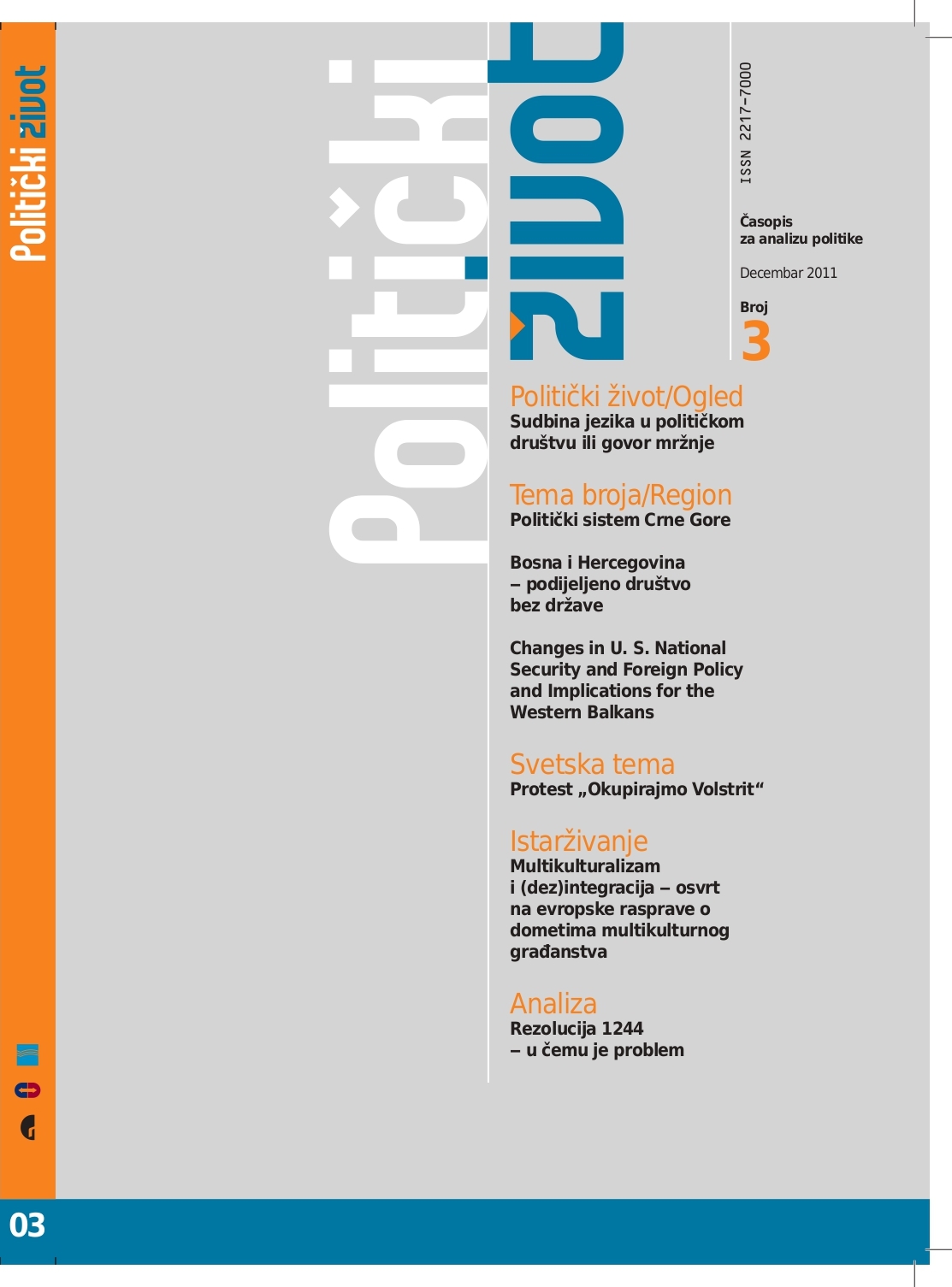Changes in U. S. National Security and Foreign Policy and Implications for the Western Balkans
Changes in U. S. National Security and Foreign Policy and Implications for the Western Balkans
Author(s): Jim SerokaSubject(s): International relations/trade, Security and defense
Published by: Fakultet političkih nauka Univerziteta u Beogradu
Keywords: Smart Power; US National Security Policy; Western Balkans Security Integration;
Summary/Abstract: In response to shifts in the power distribution of the global international system, policy makers in the United States have adopted a “Smart Power” strategy that involves a coordination of the diplomatic, informational, military, economic and soft power instruments of power to foster a more efficient and effective national security and foreign policy for the United States. This Smart Power strategy has generated significant achievements for the U. S. as seen in the Reset with Russia with its the START treaty and the recent NATO activities in Libya. One implication of Smart Power strategy, however, is the reorientation of U. S. concerns towards Asia and away from Europe, including the Western Balkans. This relative disengagement by the U.S. provides an opportunity for the Western Balkans to cooperatively forge their own security solutions in the region.
Journal: Politički život
- Issue Year: 2011
- Issue No: 3
- Page Range: 40-47
- Page Count: 4
- Language: English

